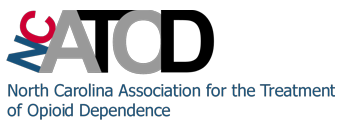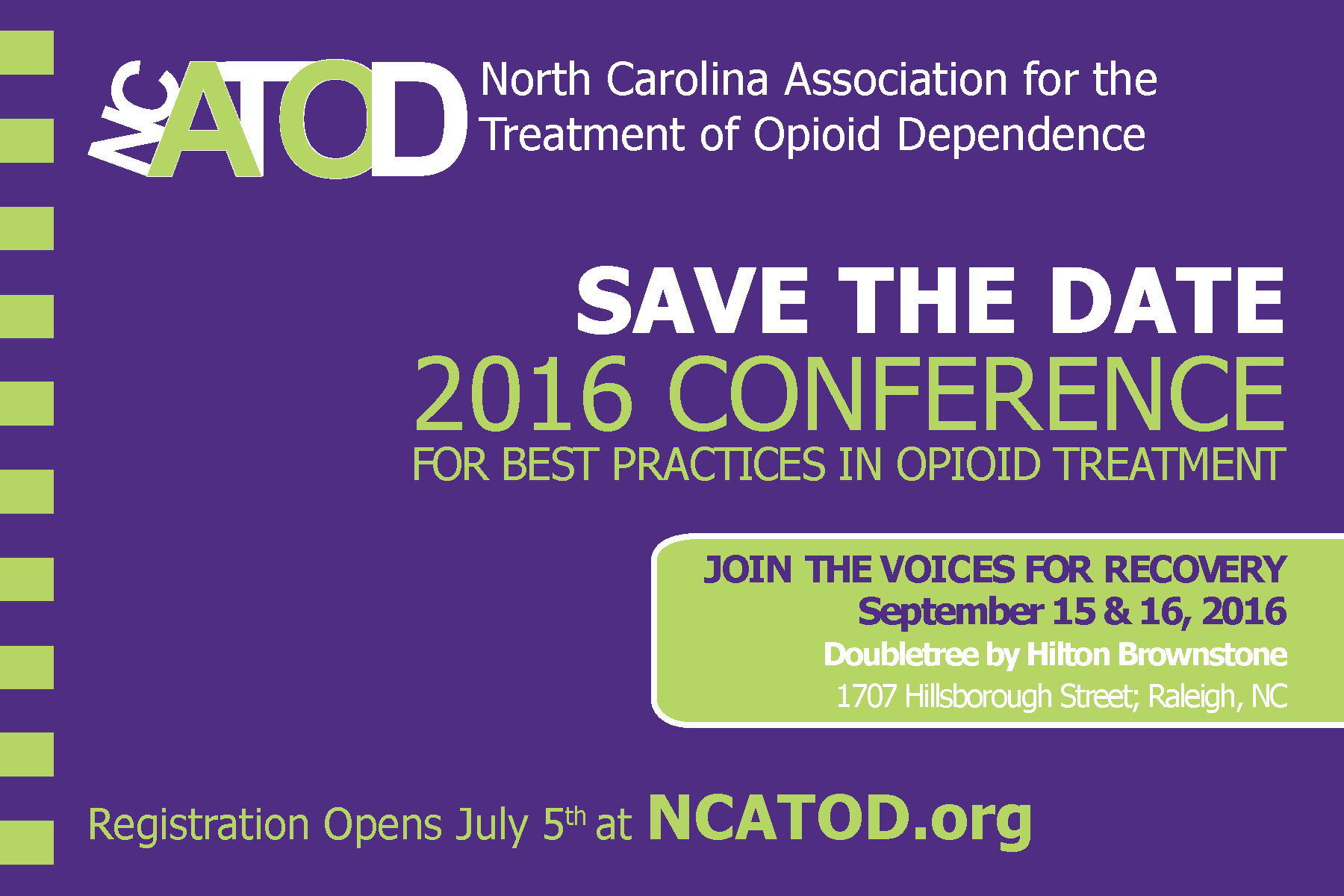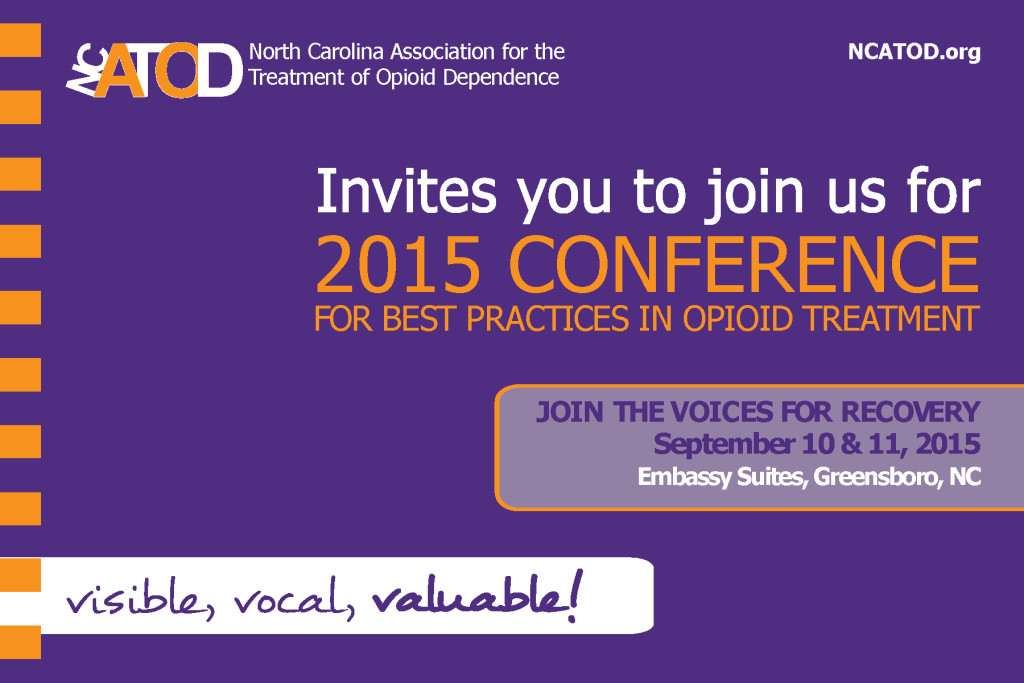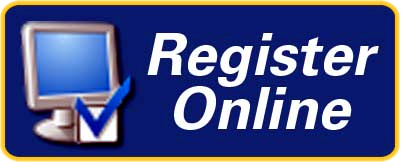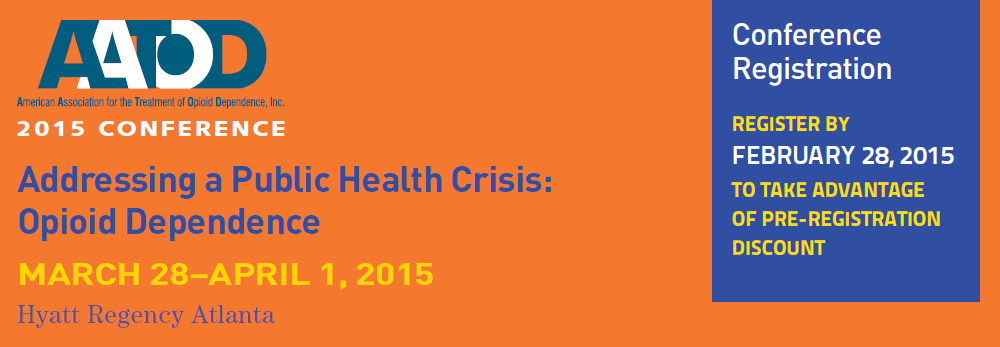Posted by NCATOD on June 5, 2015
June 5, 2015
Summer King
Reports Clearance Officer
SAMHSA
I Choke Cherry Road
Room 2 – 1057
Rockville, MD 20857
Re: Federal Register Notice Vol.
80, No.65 Notification Form
(SMA – 167)
Dear Ms. King,
I am writing in response to the Department’s notification with SAMHSA conceming data collection activities for DATA 2000 reporting. I am specifically referencing the notification form (SMA-167) that SAMHSA uses with regard to provider notification as part of the Drug Abuse Treatment Act of 2000 and its subsequent amendments.
The Department’s primary question is whether the proposed collection of information, obtained through the above referenced notification form, is necessary for the proper performance and functions of the Substance Abuse and Mental Health Services Administration. The obvious answer from our Association’s point of view is yes. Our Association represents approximately 1,000 Opioid Treatment Programs (OTPs) throughout the U.S., which are all certified through SAMHSA.
We think it is important when any DATA 2000 practitioner wishes to increase the number of patients being treated as part of their practice from 30 to 100 patients to provide sufficient information to SAMHSA to guide SAMHSA’s decision making.
We believe that it is fair to state that SAMHSA does not currently collect adequate information about the care being provided within DATA 2000 practices. Illustratively, no one has any idea of how many patients are treated through DATA 2000 practices at any given point in time. No one has any centralized data on what kinds of services are offered to patients, including counseling and other clinical support services, beyond the prescribing of Schedule III opioids to treat opioid addiction. No one has any idea if DATA 2000 practices are conducting toxicology testing to guide therapeutic decision making. No one has any centralized data collection with regard to DATA 2000 practices checking PDMP databases either prior to admitting the patient and throughout the patient’s care.
These are not academic questions. Accurate lesponses will provide SAMHSA with an understanding if the existing DATA 2000 practices are following SAMHSA’s Best Practices recommendations in treating opioid addiction (TIP 40), in addition to the recently released National Practice Guidelines from the American Society of Addiction Medicine.
In our judgment, SAMHSA should collect such information on a routine basis from DATA 2000 practices. This kind of information could easily be captured as such practices are transitioning from a 30 patient capacity to a 100 patient capacity.
In order to avoid significant burden to DATA 2000 practitioners who are filing such forms, the form could simply add a few basic elements that answer the following important patient care questions:
- How many patients are currently in treatment and how many patients do
you intend to care for?
- What kinds of clinical support services do you provide to your patients
directly? Through case management referral?
- Do you check PDMP databases before the patient is treated and
throughout the patient’s care?
- On average, how long does the patient remain in continuous treatment in
your practice?
- What is your patient drop out rate?
- Do you conduct toxicology tests during the course of the patient’s care?
If so, what is the frequency of toxicology collection and what drugs are
being tested?
- What percentage of patients have discontinued the use of illicit drugs?
These are some basic questions that should be added to the form, in addition to the currently collected information including the state medical license number, DEA registration number, address of primary location, telephone, fax, and email addresses to gain an understanding of the type of care being provided in DATA 2000 practices.
From our Association’s point of view, adding such elements to the form will provide SAMHSA with some of the basic information that it should have as part of its decision making to certify such DATA 2000 practices and provide increased opportunities to treat patients in their practices. Further, it will allow SAMHSA to understand whether these practices follow best practice guidelines, as contained in SAMHSA’s Clinical Guidelines for the Use of Buprenorphine in the Treatment of Opioid Addiction (TIP 40), as referenced above, and the recently released and comprehensive National Practice Guideline for the Use of Medications in the Treatment of Addiction Involving Opioid Use (American
Society of Addiction Medicine).
Thank you for taking these comments into account.
Sincerely yours,
Mark W. Parrino
President
Posted in:
AATOD, Blog, News
